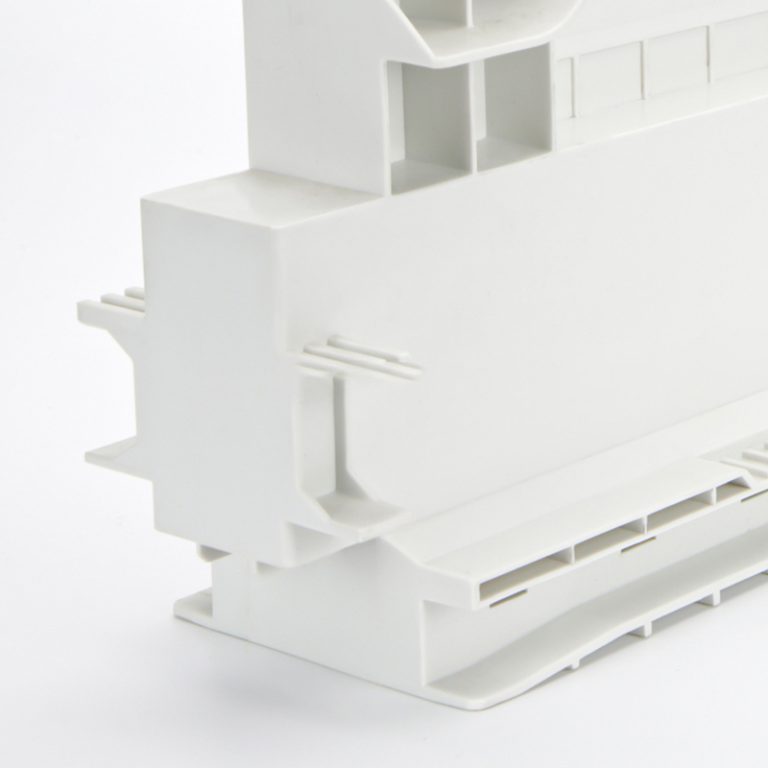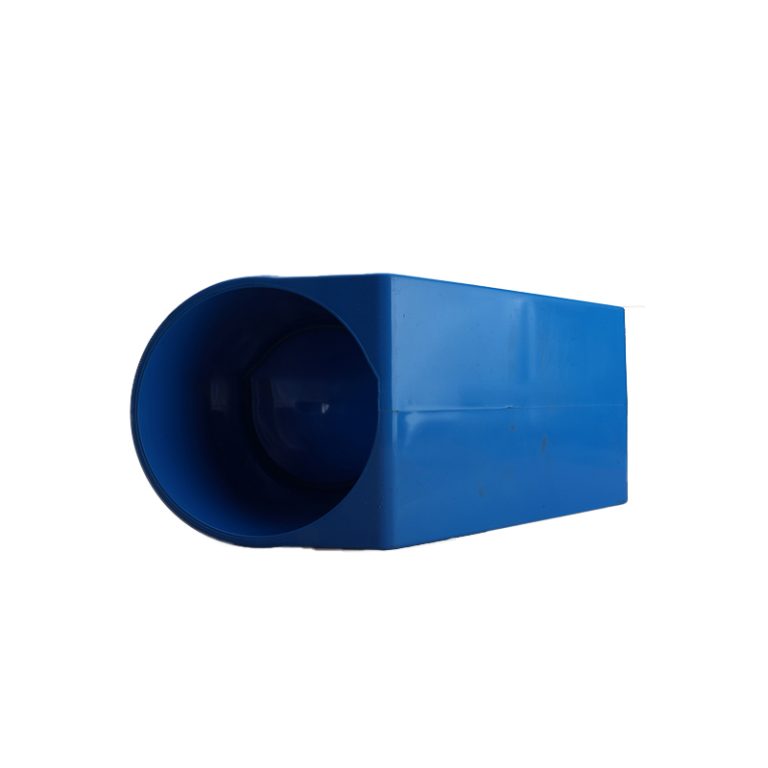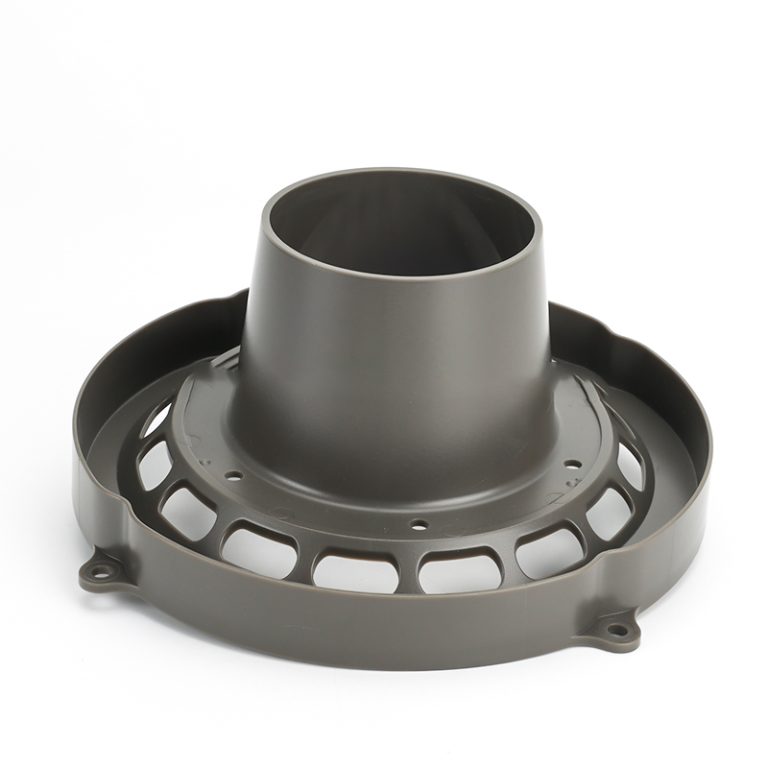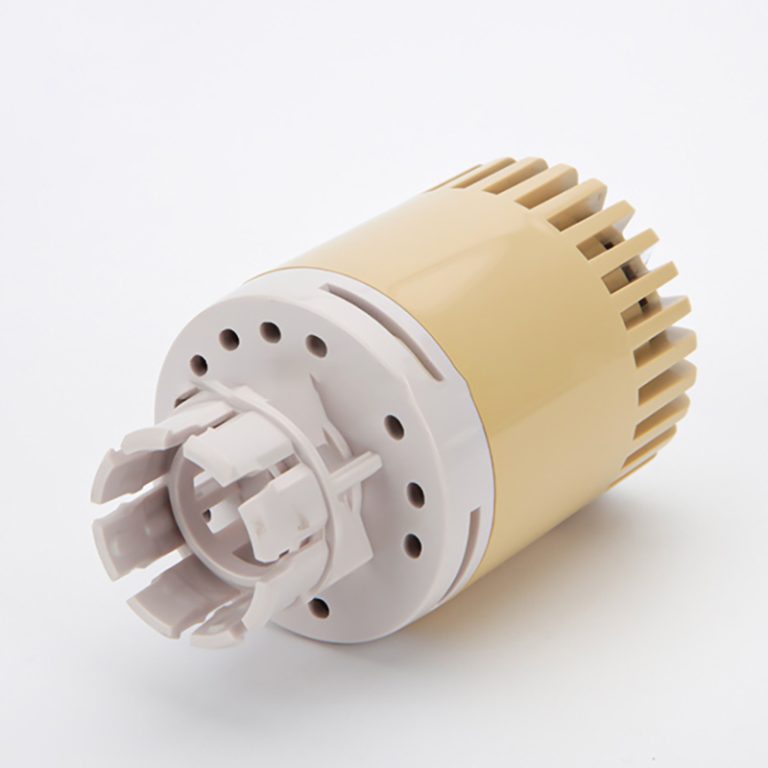Table of Contents
Advantages of Implementing Automation in Plastic Injection Molding Factories
Plastic injection molding factories play a crucial role in the manufacturing industry, producing a wide range of plastic products that we use in our daily lives. These factories rely on precision and efficiency to meet the demands of the market. One way to achieve this is through the implementation of automation in the production process.
Automation in plastic injection molding factories offers a multitude of advantages that can significantly improve the overall efficiency and productivity of the operation. One of the key benefits of automation is the ability to increase production output while maintaining consistent quality. Automated systems can work around the clock without the need for breaks, resulting in higher production rates and reduced downtime.
Furthermore, automation can help reduce the margin of error in the production process. Human error is inevitable, but with automated systems, the chances of mistakes are significantly minimized. This leads to a more reliable and consistent production process, ensuring that each product meets the required specifications and quality standards.
Another advantage of implementing automation in plastic injection molding factories is the ability to streamline the production process. Automated systems can perform repetitive tasks with precision and speed, allowing for a more efficient workflow. This not only saves time but also reduces the overall production costs by minimizing waste and maximizing resource utilization.
In addition to improving efficiency and productivity, automation can also enhance workplace safety. By automating tasks that are hazardous or physically demanding, workers are less exposed to potential risks and injuries. This creates a safer working environment and reduces the likelihood of accidents on the factory floor.
Moreover, automation can help plastic injection molding factories adapt to changing market demands more effectively. With automated systems in place, factories can easily adjust production schedules and processes to meet fluctuating demand without compromising on quality or efficiency. This flexibility allows factories to stay competitive in a rapidly evolving market.
| Product Name | our services |
| Plastic injection molding parts | one-stop services |
Furthermore, automation can also improve the overall sustainability of plastic injection molding factories. By optimizing resource utilization and minimizing waste, automated systems can help reduce the environmental impact of the production process. This is crucial in today’s world where sustainability and eco-friendliness are becoming increasingly important factors in consumer decision-making.
Overall, the advantages of implementing automation in plastic injection molding factories are clear. From increased production output and consistent quality to improved workplace safety and sustainability, automation offers a wide range of benefits that can significantly enhance the overall efficiency and productivity of the operation. By embracing automation, plastic injection molding factories can stay ahead of the competition and meet the demands of the market with ease.
Sustainable Practices in Plastic Injection Molding Factories
Plastic injection molding factories play a significant role in the manufacturing industry, producing a wide range of plastic products that are used in various sectors such as automotive, electronics, medical, and consumer goods. However, the production processes in these factories can have a negative impact on the environment if not managed properly. In recent years, there has been a growing emphasis on adopting sustainable practices in plastic injection molding factories to reduce their environmental footprint and contribute to a more sustainable future.
One of the key sustainable practices that plastic injection molding factories can implement is the use of recycled materials. By incorporating recycled plastics into the production process, factories can reduce the amount of virgin plastic used, which helps to conserve natural resources and reduce the amount of plastic waste that ends up in landfills. Additionally, using recycled materials can also help to lower production costs, making it a win-win situation for both the environment and the bottom line.
Another important sustainable practice in plastic injection molding factories is energy efficiency. The production processes in these factories require a significant amount of energy, so finding ways to reduce energy consumption can have a big impact on reducing their carbon footprint. This can be achieved through the use of energy-efficient machinery, optimizing production processes to minimize energy waste, and implementing energy-saving measures such as LED lighting and motion sensors.
Waste management is also a critical aspect of sustainable practices in plastic injection molding factories. Plastic waste is a major environmental concern, so it is important for factories to implement effective waste management strategies to minimize the amount of waste generated and ensure that any waste produced is properly recycled or disposed of. This can include implementing recycling programs, segregating waste streams, and working with suppliers to reduce packaging waste.
Water conservation is another important sustainable practice that plastic injection molding factories can adopt. The production processes in these factories often require a significant amount of water, so finding ways to reduce water consumption and minimize water waste is crucial for sustainability. This can be achieved through the use of water-efficient machinery, implementing water recycling systems, and conducting regular maintenance to fix any leaks or inefficiencies.
In addition to these sustainable practices, plastic injection molding factories can also explore alternative materials and production methods that have a lower environmental impact. For example, biodegradable plastics and bio-based materials are becoming increasingly popular as more environmentally friendly alternatives to traditional plastics. Additionally, exploring new production methods such as 3D printing or additive manufacturing can help to reduce material waste and energy consumption.

Overall, adopting sustainable practices in plastic injection molding factories is essential for reducing their environmental impact and contributing to a more sustainable future. By incorporating recycled materials, improving energy efficiency, implementing effective waste management strategies, conserving water, and exploring alternative materials and production methods, these factories can play a key role in promoting sustainability in the manufacturing industry. It is important for plastic injection molding factories to prioritize sustainability and make a commitment to continuously improve their practices to protect the environment for future generations.





